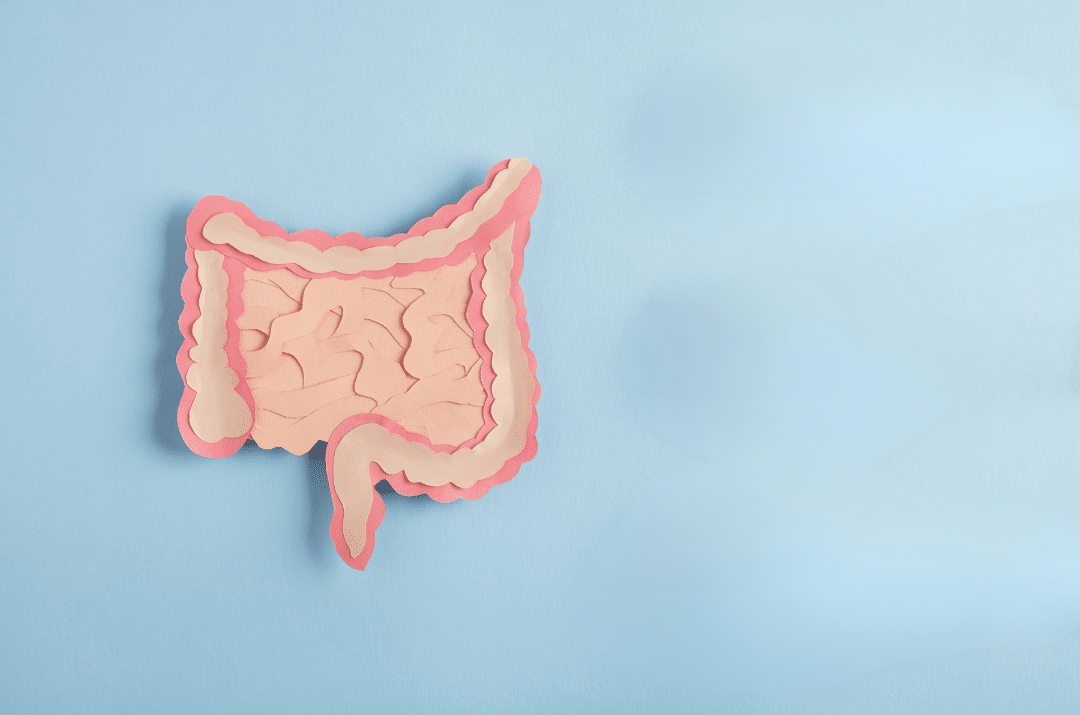Parkinson’s affects mood and can lead to anxiety and depression. Read on to learn more about foods that you can add to your diet to boost your mood.
Parkinson’s is one of the most common neurodegenerative conditions. It’s often diagnosed by it’s cardinal motor signs. These symptoms include rest tremor, rigidity, loss of movement and a shuffling gait. However, there are many non-motor symptoms of this disease that also affect quality of life. For example, Parkinson’s affects mood. In PD the substantia nigra, located in the midbrain, loses neurons that make dopamine. While dopamine is crucial for movement, it also contributes to motivational behavior. Because of this, losing dopamine can contribute to depression.
Mood disorders such as depression and anxiety are some of the most common non-motor symptoms of Parkinson’s. What you eat can impact your overall health including your mood.
Here are seven top nutrients and they foods they’re found in to help you manage depression and anxiety:
1. Omega-3s
Salmon is one of the best food sources for eicosapentaenoic acid (EPA) and docosahexaenoic acid (DHA), the most important of the omega-3 fatty acids. For those that need a plant-based option, consider chia, hemp, or flax seeds. Recent studies have shown that adding omega-3 in the diet may be a new treatment option for anxiety and depression. There is substantial evidence to suggest that higher levels of EPA and DHA can be effective in treating depression. Try having salmon as a weekly meal or include plant-based options in soups, salads or smoothies.
2. Polyphenols
Cocoa contains potent mood boosters called polyphenols that have also been shown to have neuroprotective effects. Studies demonstrate a significant increase in self-rated calmness and contentedness in adults when cocoa was used as an intervention. These polyphenols can mitigate the symptoms associated with clinical anxiety or depression. While this doesn’t permit eating chocolate bars every day it does suggest the occasional use of cocoa to help with mood!
3. EGCG
Green tea contains both the potent antioxidant epigallocatechin gallate (EGCG) and the amino acid L-theanine, which both help fight anxiety. EGCG has been found to be especially helpful for those with PD as it can support preserving neurons. Furthermore it has also demonstrated benefits on mood and cognitive performance. Green tea can be a consumed as a beverage or using matcha (powdered green tea leaves) to create salad dressings or sauces.
4. Flavonoids
Blueberries are one of the best sources of flavonoids. These phytonutrients are potent antioxidants with anti-inflammatory and immune system benefits. Research has shown that consuming wild blueberries can improve mood. Epidemiological evidence suggests that consuming flavonoids can impact the brain’s executive function which affects depression and mood. Therefore, eating flavonoid rich foods can improve mood and support cognitive processes. Try adding blueberries to oatmeal, smoothies or a salad!
5. Probiotics: Fermented Foods
The microbiome of the gut is linked to central nervous system-based disorders leading to the concept of psychobiotics, which is bacterial-based interventions with mental health benefit. Good “gut bugs” support digestion, absorption and mood. It is estimated that the gut contains over 100 million neurons – which is why it is often referred to as the second brain! Neurotransmitters that impact mood are also synthesized here, including the majority of serotonin. Consider foods such as kombucha, sauerkraut, kimchi, tempeh, miso, or other fermented veggies to support a healthy gut.
6. Magnesium
Dark, green leafy veggies such as kale, spinach, arugula, collard greens, and rainbow chard contain powerful nutrients and are loaded with magnesium. This mineral is connected to brain health by stimulating receptors for GABA which is the neurotransmitter that both calms the nervous system and reduces anxiety. Studies also show that magnesium restricts cortisol (stress hormone) which, in high levels, can contribute to anxiety, depression, and even memory loss.
7. Vitamin D
Mushrooms are one of the few food-based vitamin D source. These fungi are great for supporting both the immune system and the release of dopamine and serotonin. Try adding mushrooms to a veggie omelette, marinara sauce, or a make a non-dairy creamy mushroom soup to support both nerves and mood!
“You are what you eat” applies to both your body and mind. (Read the Brian Grant Foundation’s nutritional guidelines to learn more.) Parkinson’s affects mood and anxiety, depression and irritability can be common – even more so during winter months. Try incorporating these mood boosting foods to support mental health as people with Parkinson’s living inspired lives.
Dr. Bethany Tennant is a Naturopathic Physician & Certified Nutrition Specialist and has been involved with BGF since 2012. Dr. Tennant is passionate about neurodegenerative conditions, natural sports medicine and medical nutrition. She sees patients at 2bwell Clinic in Lake Oswego, OR.
@dr.bethanytennant
www.drbethanytennant.com



